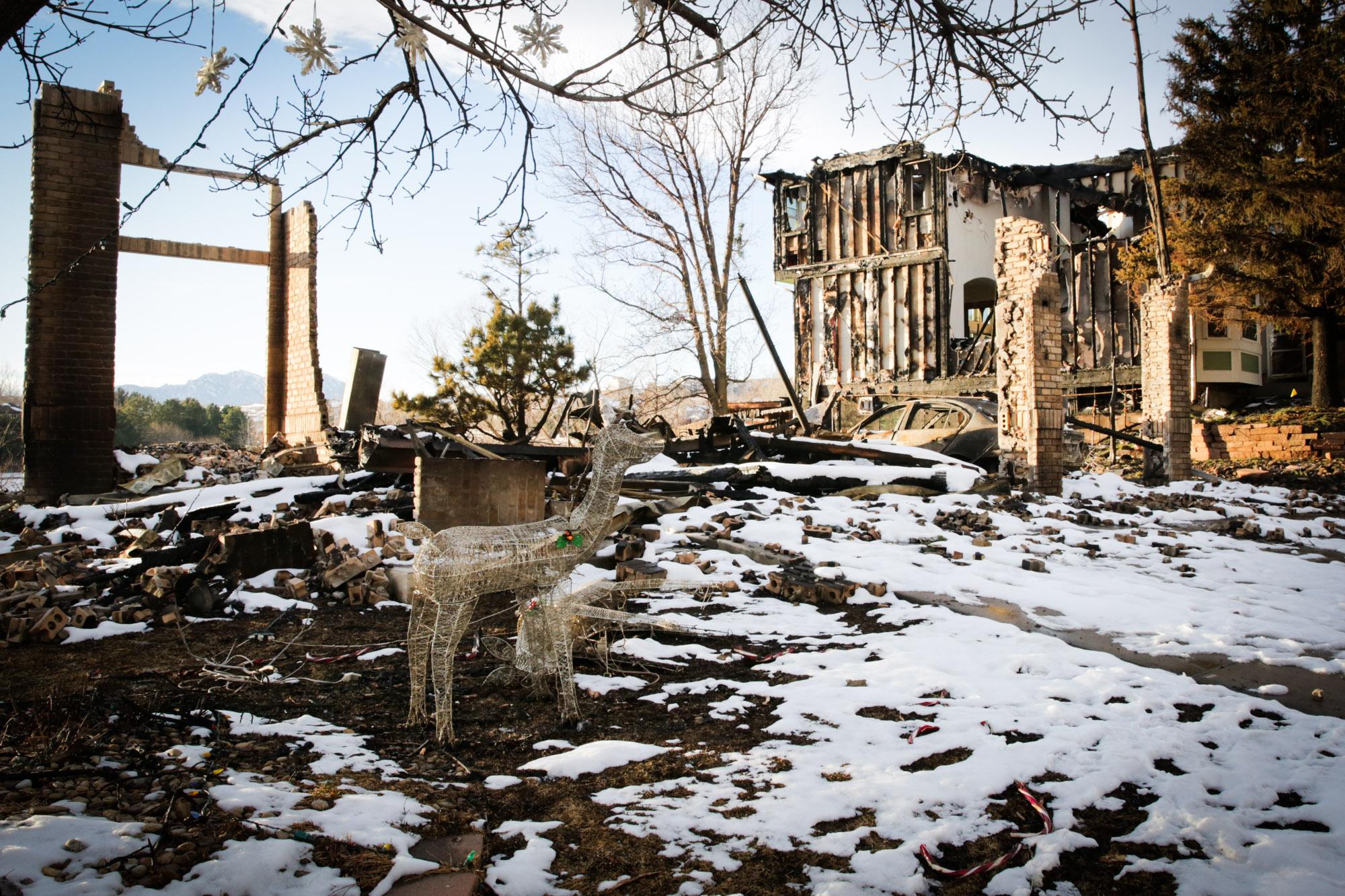
State regulators unanimously approved Xcel Energy’s 2025-2027 Wildfire Mitigation Plan last week. It lays out $1.9 billion in investments and maintenance to reduce fire risk, and details an improved system to alert customers of power shut-offs during periods of high fire risk.
The plan invests in expensive techniques to reduce the odds of Xcel’s equipment sparking a blaze. That includes placing 50 miles of power lines underground, rebuilding major transmission lines, creating a database of aging transmission equipment, and even using AI-powered cameras to detect ignitions.
It also puts money towards traditional fire risk reduction methods, like clearing vegetation around power lines.
“This is a large plan … a significant advancement of all of the efforts from the previous wildfire mitigation plan,” said public utilities commissioner Megan Gilman during a June 5 meeting.
“And also, a dramatic escalation in the spending to do so,” Gilman added.
The plan sets clear guidelines on an effective but controversial tool: preemptively shutting off power during high wind events. Storms can knock down charged lines and ignite blazes. Xcel tried it last April, shutting down power for around 55,000 customers during a windstorm, but caught the ire of regulators, who later faulted the state’s largest utility for mismanaging communication.
Under the approved plan, future “public safety power shutoffs” will require Xcel to provide advance notice to emergency officials and customers, as well as an action plan to restore power, especially to “critical customers,” like those with medical needs.
Xcel will also offer $2 million per year in rebates to select customers with medical needs in high-risk areas to purchase backup batteries during power shut-offs.
Plan will be paid for by Coloradans … and bonds
The sprawling plan, first proposed in June 2024, underwent nearly a year of wrangling by customer advocates, Front Range towns and interest groups.
Those groups were concerned with the proposal’s scope and impact on customer bills — the plan costs four times more than Xcel Energy’s first mitigation plan in 2020, and covers twice the geographic area.
Since 2020, though, Colorado has seen a spate of intense wildfires, including the Marshall Fire, the most destructive fire in Colorado history. The utility is fending off hundreds of lawsuits for its alleged role in sparking the fire, which it denies. Additional lawsuits also blame Xcel’s power equipment for sparking Texas’s largest wildfire.
The plan cleared a key hurdle in April, when Denver, Boulder and other groups signed off on a “settlement agreement” with Xcel and urged state regulators to move the plan forward.
“This is a significant step toward making our community safer and more resilient in the face of growing wildfire threats,” said Nuria Rivera-Vandermyde, Boulder’s city manager, in an April statement about the plan.
Normally, Xcel charges the costs it racks up to build infrastructure upgrades back to Coloradans, with interest. Those costs trickle down to customers in the form of higher monthly energy bills.
Some of the investments in this plan, for instance, will likely raise residential customer bills by $9 a month by 2027, according to the state’s Public Utilities Commission.
However, the plan commits Xcel to try a new payment structure, called “securitization,” which is similar to how municipal bonds work. In 2027, the company will put together a set of bonds based on how much it spent on its wildfire upgrades and sell that to investors.
Utilities typically issue bonds like these after large, destructive catastrophes like hurricanes, when they need to rebuild costly infrastructure and control costs.
But in this case, it’s being used as a proactive tool to keep costs down. After the bonds are introduced, state regulators say Coloradans will see a lower charge tacked onto their monthly bills.
“It’s the first of its kind, that we can tell, in which this mechanism has been used to proactively address wildfire risk,” Joseph Pereira, deputy director of Colorado’s Office of the Utility Consumer Advocate, a state agency that advocates on behalf of utility customers, told CPR News in April.
“It’s forward-looking instead of reactionary,” he said.
State regulators expressed unease with the staggering costs of the plan, but cited the company’s agreement to “securitization” as a decisive factor in approving the proposal.
They said that by reducing wildfire risk, the plan could help Coloradans who might already be struggling with high home insurance costs.
“If this investment through the utility system can help to lower those costs, the net impact could be positive for homeowners and for businesses that are seeing incredible pressures on their insurance rates,” said Commissioner Tom Plant.
Utility commissioners will issue a written decision approving the plan later this summer.
- Denver and Boulder agree to Xcel Energy’s roughly $1.9 billion plan to avoid sparking wildfires
- Regulators say they need more time to consider Xcel Energy’s complicated and costly wildfire plan
- Xcel Energy under investigation after numerous complaints of power outages statewide
- Xcel Energy’s insurance costs are skyrocketing. Customers may soon have to pay for it








